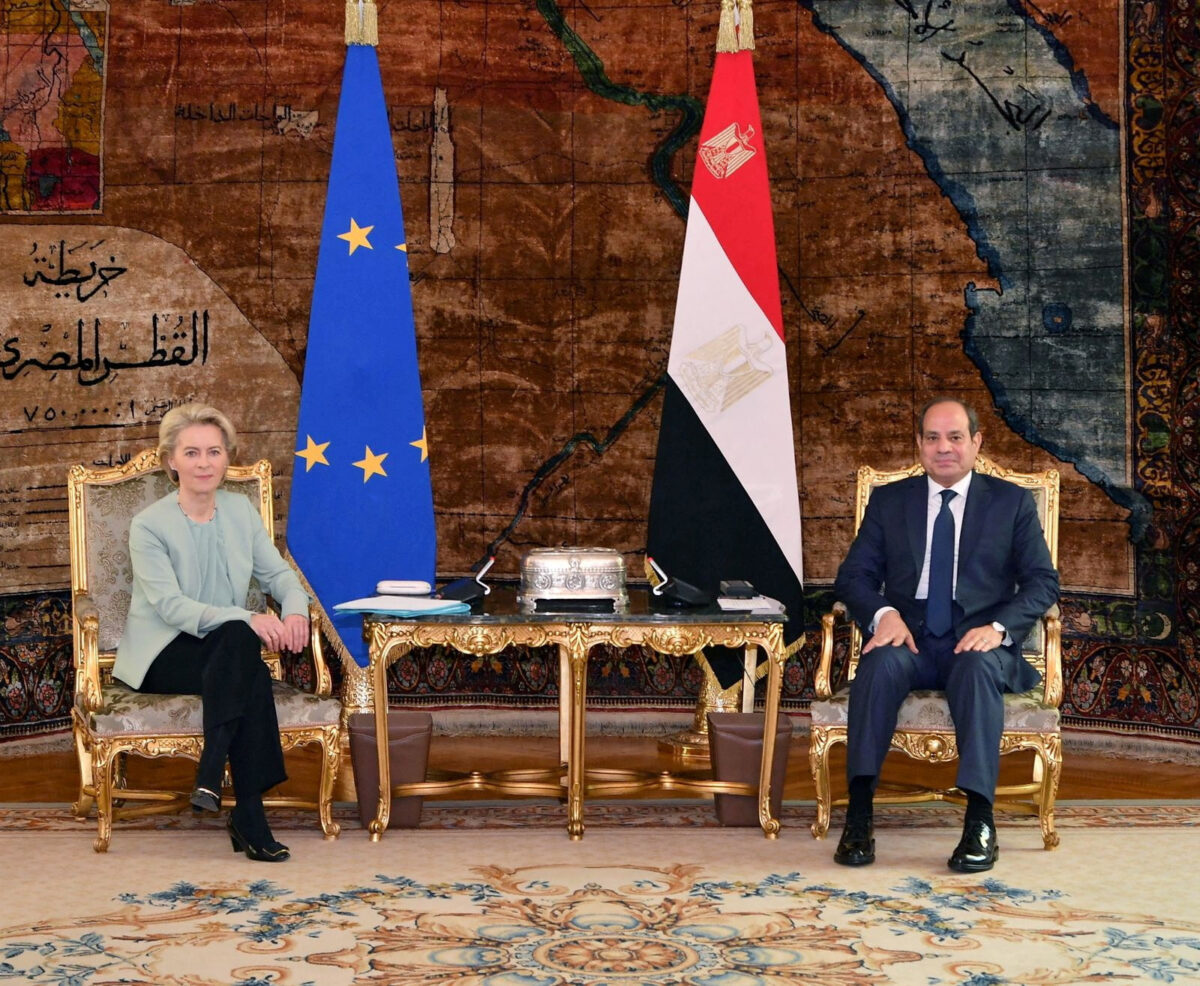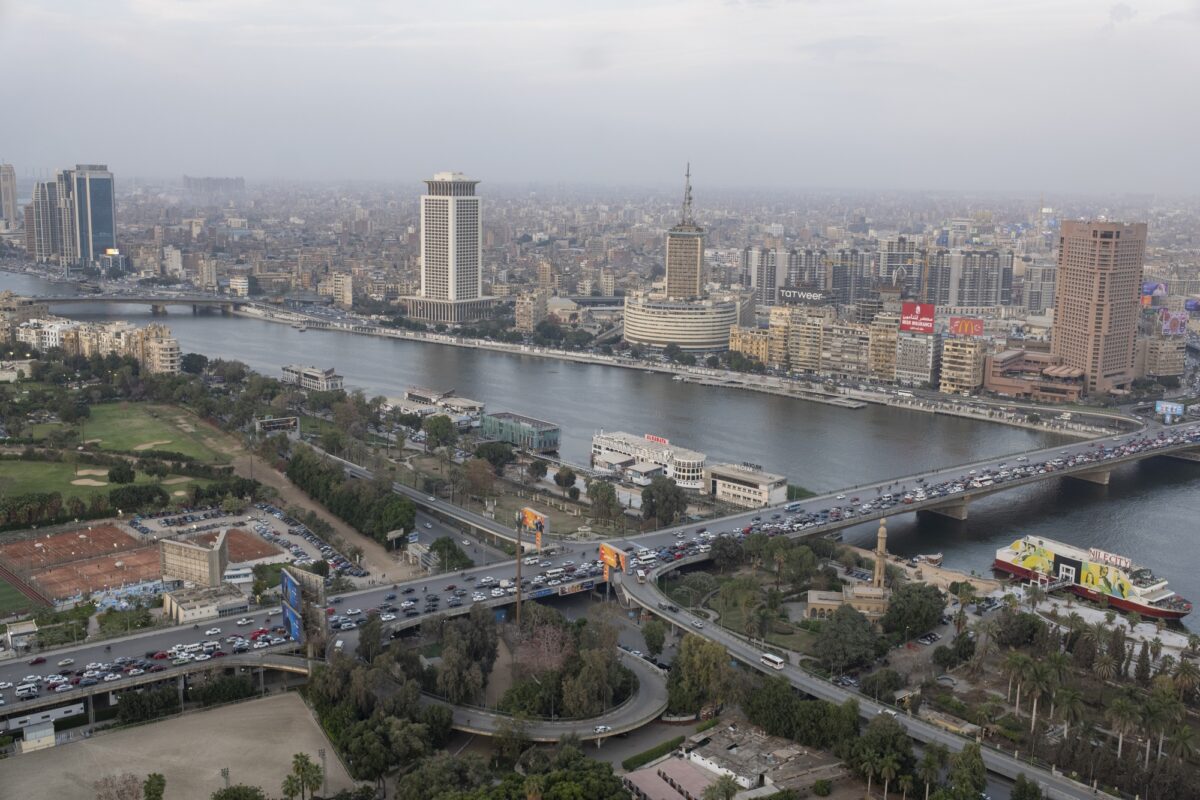The European Union’s announcement of a comprehensive 7.4 billion euro ($8.06 billion) funding package alongside an upgraded strategic partnership with Egypt marks a pivotal moment in international relations. Scheduled to be unveiled in Cairo, this initiative represents a concerted effort to address a multitude of challenges while fostering robust cooperation between the EU and Egypt. Let’s delve deeper into the intricacies of the EU partnership with Egypt and its far-reaching implications.

Spanning a three-year timeframe, the funding package is poised to catalyze collaboration across diverse sectors such as renewable energy, trade, and security. Comprising grants, loans, and investments, this financial infusion underscores the EU’s unwavering commitment to supporting Egypt’s economy amidst prevailing economic uncertainties and migration pressures. Noteworthy components of this allocation include 5 billion euros earmarked for macro-financial assistance, 1.8 billion euros dedicated to investments, and 600 million euros allocated for grants.
Of the macro-financial assistance provided, 1 billion euros will be expediently disbursed as emergency funding within the current fiscal year. The allocation of the remaining 4 billion euros is subject to parliamentary approval. This comprehensive funding strategy, formulated in close consultation with the International Monetary Fund (IMF), signifies a meticulously coordinated effort aimed at addressing Egypt’s economic challenges and fostering stability within the region.
Egypt, with its population exceeding 106 million, finds itself navigating through a complex economic landscape fraught with challenges. These challenges, including soaring inflation rates and limitations on foreign currency reserves, have created significant hurdles for the nation’s economic stability. Furthermore, Egypt’s strategic importance is highlighted by the ongoing conflicts in neighboring Sudan and Gaza, emphasizing the need for a concerted international effort to bolster economic resilience and promote peace and stability in the region.
Egypt’s efforts to garner multilateral support and enact vital economic reforms have undoubtedly propelled the country forward. However, persistent challenges, notably surrounding irregular migration via Libya, pose ongoing obstacles to progress. Despite these hurdles, the European Union’s steadfast dedication to furnishing specific funding tailored to easing migration pressures underscores a collective commitment to tackling underlying issues and nurturing lasting resolutions.
However, despite the European Union’s efforts for a partnership with Egypt, concerns persist regarding human rights violations and the erosion of democratic principles under the leadership of President Abdel Fattah al-Sisi. Critics argue that the EU’s support for Egypt’s economic reforms and security initiatives may inadvertently condone authoritarian practices. Nevertheless, proponents of the EU partnership with Egypt maintain that addressing economic vulnerabilities and security threats is crucial for promoting stability in the region. They assert that sustained engagement, coupled with diplomatic pressure to uphold human rights standards, offers the best path forward for fostering positive change in Egypt while advancing shared objectives of peace and prosperity.
The EU’s decision to have a partnership with Egypt and provide substantial financial assistance exemplifies a holistic approach to addressing complex geopolitical challenges while fostering economic development and stability. As European leaders convene in Cairo to unveil this landmark agreement, the emphasis remains on cultivating a constructive partnership that advances shared objectives of prosperity, peace, and stability in the region.

In conclusion, the EU’s strategic investment in Egypt signifies a paradigm shift towards fostering inclusive growth and regional stability. By leveraging collaboration across diverse sectors, this partnership holds immense potential to catalyze sustainable development and foster resilience against prevailing challenges. As the world watches the unfolding developments, the EU partnership with Egypt stands as a beacon of hope, demonstrating the transformative power of cooperation in addressing pressing global challenges and advancing shared aspirations of prosperity and peace.



